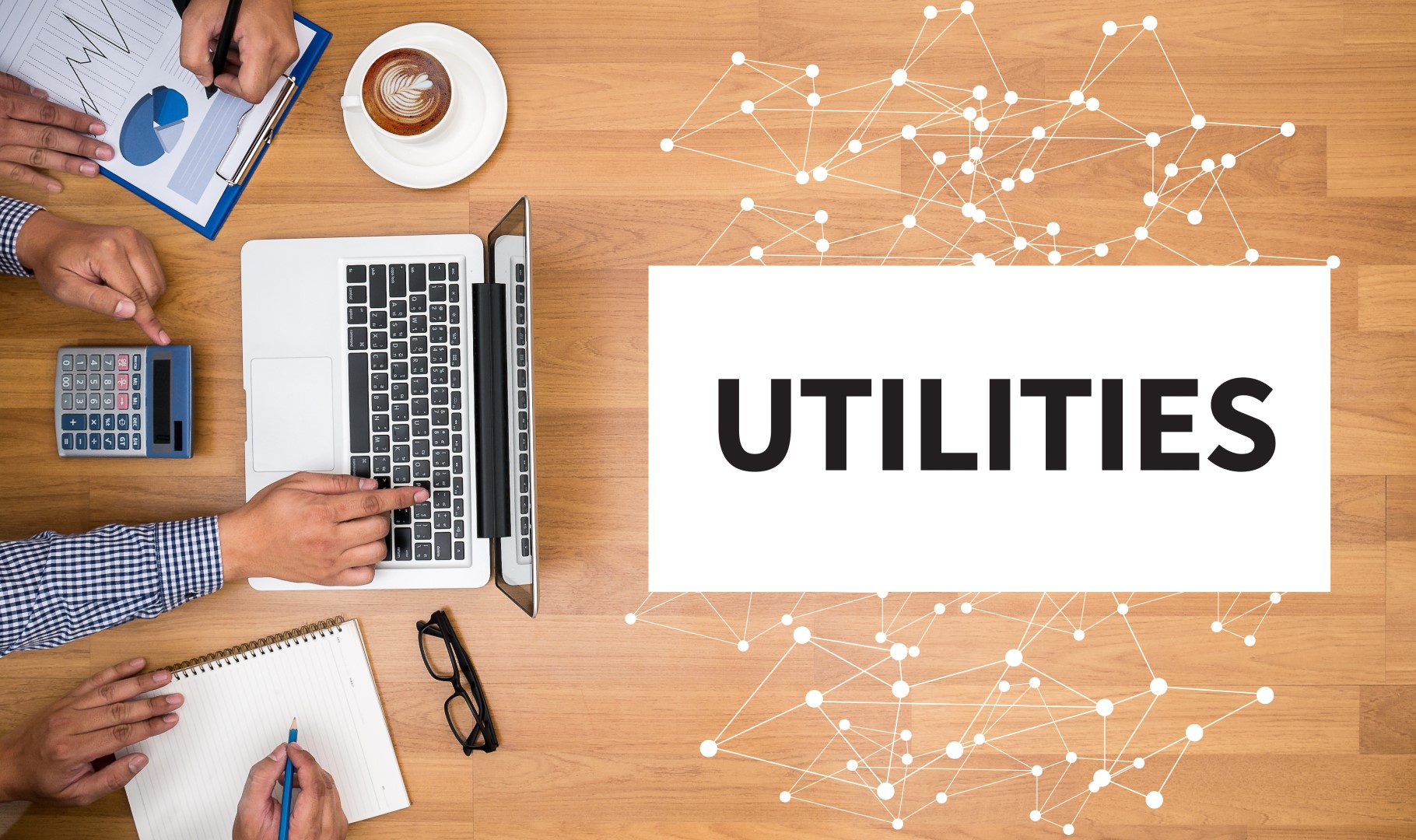Moving into a new place can be exciting, but setting up utilities—like electricity, water, and internet—may seem a bit overwhelming at first. Here’s a guide on what to expect and how to make it easier.
What Are Utilities?
Utilities are essential services that keep your home running. Common utilities include:
- Electricity and Gas – These power your lights, appliances, and heating.
- Water and Sewer – For drinking water, showers, and using the bathroom.
- Internet and Cable – For web access, streaming, and TV.
- Trash Collection – Some cities handle this, while others require private services.
The Application Process
When setting up utilities, you’ll need to apply to each service provider. Here’s how it typically works:
- Research Your Providers
Find out which companies provide each utility service in your area. Rental agreements or landlords sometimes provide information on local utility providers. - Contact Providers
You can usually apply by phone, online, or in person at the provider’s office. The process typically includes setting up an account and choosing a start date for services. - Complete Applications
Some providers may have simple online applications, while others might require filling out forms. - Required Documents
Be ready to provide the following:- Identification: A driver’s license or ID card is usually needed.
- Proof of Residence: This could be your lease agreement or rental contract.
- Social Security Number: Some companies ask for this to verify your identity or perform a credit check.
- Banking Information: If you’re setting up automatic payments, they may ask for bank details.
Will You Need a Deposit?
Yes, many utility companies require a deposit as a form of security, especially if it’s your first time setting up utilities or if you don’t have a credit history. The deposit amount varies but can range from $50 to $200 or more, depending on the company and service.
Some companies may allow you to skip the deposit if:
- You have a co-signer (such as a parent or guardian) who has a strong credit history.
- You can show a good utility payment history from a previous residence.
- Your credit score is high enough.
Paying in Advance
Some companies might ask for payment in advance, especially for services like cable or internet. This is often the first month’s service fee. You’ll pay this before service begins, so be prepared to cover initial costs upfront.
Setting Up Auto-Pay and Payment Plans
Most providers offer auto-pay options, so your monthly payment is automatically withdrawn from your account. This is convenient and can sometimes prevent late fees. For larger bills, like electricity, some companies offer payment plans that spread out high costs over time—helpful during colder months when heating bills might spike.
Final Tips
- Apply Early: Don’t wait until the last minute! Start the setup process at least a week before moving in to ensure services are active.
- Keep Records: Make note of any account numbers, your application details, and customer service contacts for future reference.
- Understand Your Bill: Each utility bill might include service fees, taxes, and usage charges. Learning how to read these can help you track your monthly expenses.
Setting up utilities might seem like a lot, but it’s a big step toward independence. Taking time to understand the process now will make your new space feel like home—fully powered, connected, and ready for you.

